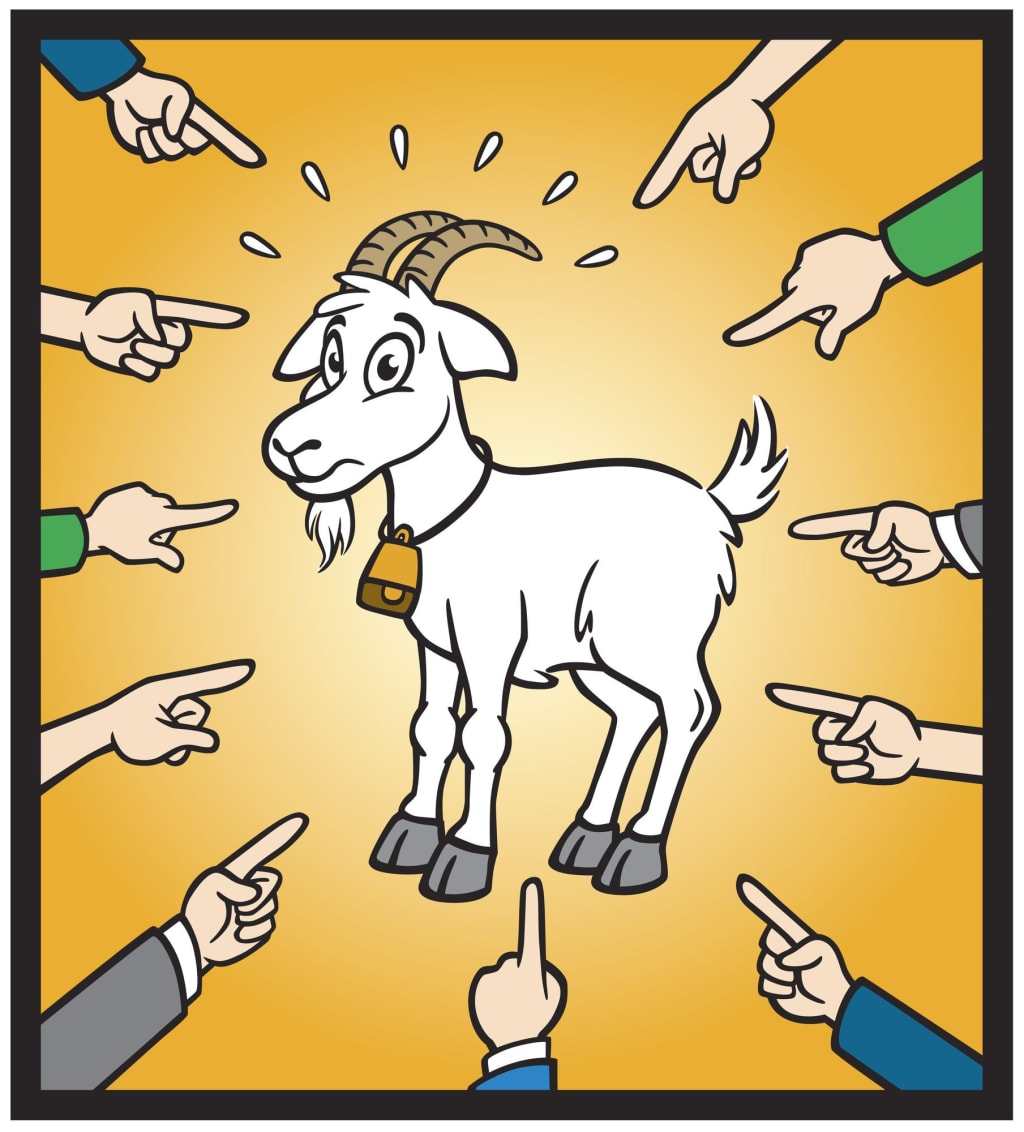
I have read many accounts of family therapy; therapy that is initiated because a member of that family is crazy, and the others are concerned and frustrated. In some accounts, the rest of the family seem to be functioning normally, and appear successful, with the exception of this blip. They go to therapy to solve the problem of the crazy kid. In these accounts, it often transpires, that the family are scapegoating the child in some way or other, because it is easier than struggling with their own difficult feelings, their own craziness. It turns out that the ones who thought themselves the most normal, were the ones who were least in touch with their feeling-self; their under-functioning-self, and most in need of a good open, honest chat with a therapist.
I think the city that I live in is much like this. There is member of this family that is behaving badly and throwing rages and tantrums. These exhibitions are scary to watch, making us feel very uneasy. They seem crazed. We, on the other hand, are functioning "normally," actually, things are going pretty well…we are successful and have good investments and growth. We are buoyed up in our commerce and all the little trophies that come along with that. We look at the crazy member of the family, and wonder what could they have to be crazy about…they have a big television, they have the latest video games, and the latest designer trainers and tracksuits…surely money will stop the tantrums!?
Why aren’t they happy? Why can’t they just play ball and get on with it?
We feel distant from them. We can’t understand what the problem is. We throw money and gifts at them hoping this will appease the rage and resentment. We wonder what our neighbours make of all this.
Us the normal, they the crazy, that is the difference we have created, and we use it to keep us safe and sane.
In the country where I live, there are walls that the-powers-that-be stuck up to keep "us" from "them." There are about 30 miles of them, and we have accepted them. We have not torn them down in frustration, fuelled by a desire to connect to the stranger on the other side. We have not taken hammers to them.
However, most of us don’t live near the walls, and don’t live in their shadow, and for those of us who don’t, we keep us and them apart by our habits…of thought and behaviour. We create another us and them. There are those that live in the shadow of the walls, and those that don’t.
Segregation is relatively quick and easy. When we feel threatened the easiest thing is to run to where we feel safe. We protect ourselves. We defend ourselves. We entrench ourselves. We don’t let our understanding or imagination reach to the other side of the divides.
I live in a city with walls. These walls divide communities. They are called peace lines. As far as I know, they exist solely in working class areas. When tensions flare up and conflict takes place, many, who don’t live under the shadow of these walls, are quick to point the finger…blaming these people for keeping us locked to the past. They are the crazy ones in this supposedly functional family.
It is a deeply limited analogy, but it’s as if, since the divorce of the parents, there are some siblings that have been locked in continual fighting and bickering. A divide has been drawn between them, as if putting them in separate rooms will solve the problem. It doesn’t, but, at least the parents don’t have to listen to it. The rest of the siblings try to pretend like everything is normal, and do their best to keep on functioning, never really expressing anything about what happened between their parents. They just focus on success, and wish their other siblings would do the same. There’s nothing to talk about after all, it’s all in the past.
It is this psychological separation between the functioners and the under-functioners, which I think is far too often over-looked. We pat ourselves on the back for doing well, despite our past adversities, and feel a bit embarrassed by the behaviour of our less mature siblings.
This is the segregation, whereby, the people that live in safer areas, with better housing and more space to breathe, keep themselves away from those other areas. We establish our own boundaries about where we go. We play it safe. We know the areas by name, but, we have never set foot in them. We might have seen them on the television, but never with our own eyes.
We keep alive the us and them, just as much as the people in the interface areas do, but we get to wash our hands of the violence. We don’t throw bricks, we don’t throw petrol bombs, and we stay on the safe side of the divide.
All the while, our behaviour keeps communities separate and alienated. We stay safe in our latte-drinking, Guardian-reading world, and look down on the Neanderthal behaviour of these backward people. If only they would embrace consumerism and success like we did, then our problems might be resolved.
The whole family needs to be part of the process. We can spend all our resources in fixing the problem kid, but, it is all participants in the system that require attention and change.
As long as segregation is the answer, the answer will always be a problem.
About the Creator
Ricky McQuillan
Belfast-based singer and scribbler. Born in 1977, journaling since I was a fifteen, did a degree in Philosophy in my late 20s, but since then, have mostly been reading Psychobabble, and blogging
https://rickymcquillan.blogspot.co.uk/






Comments
There are no comments for this story
Be the first to respond and start the conversation.